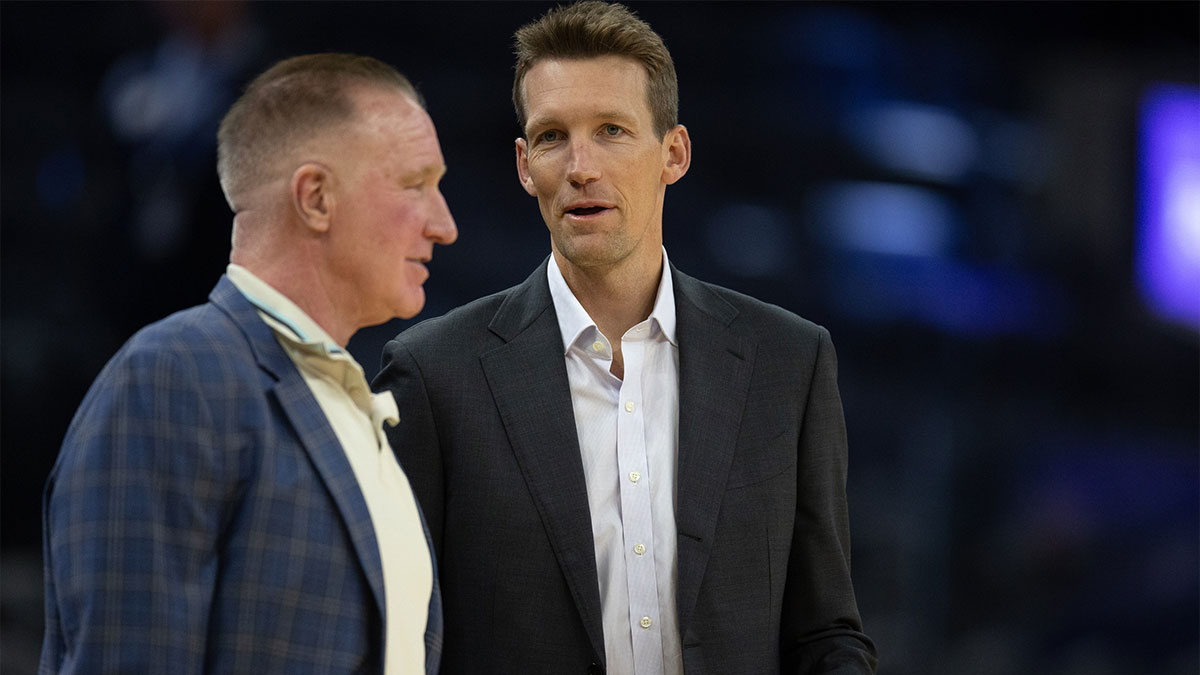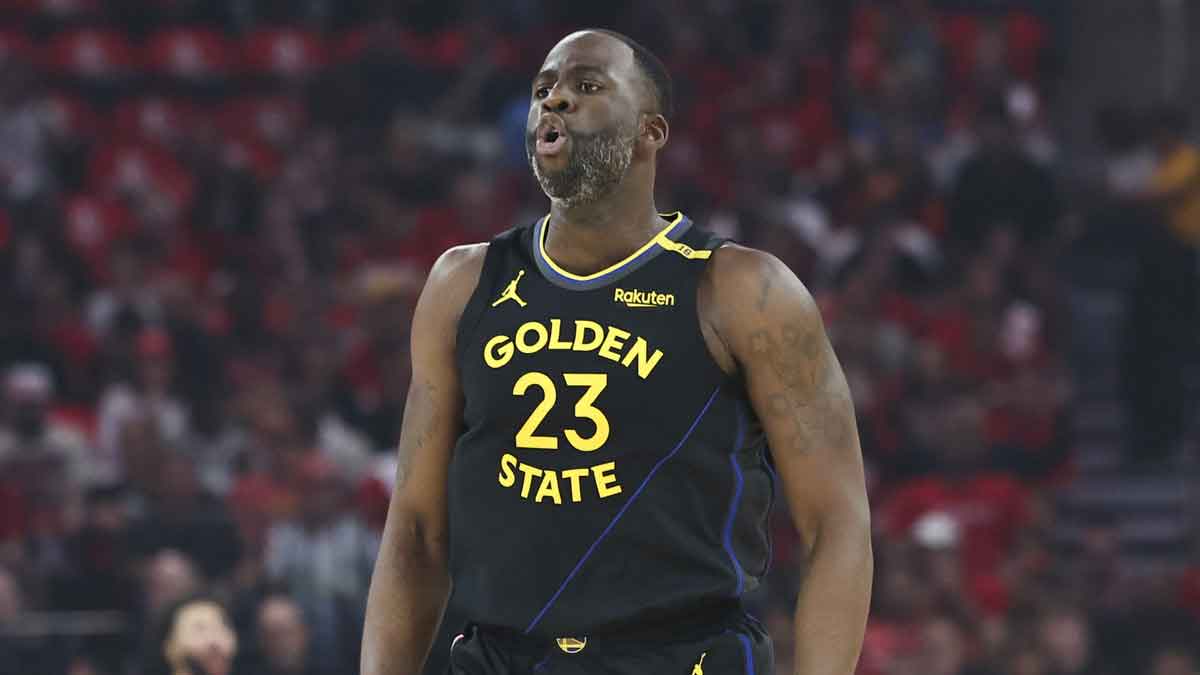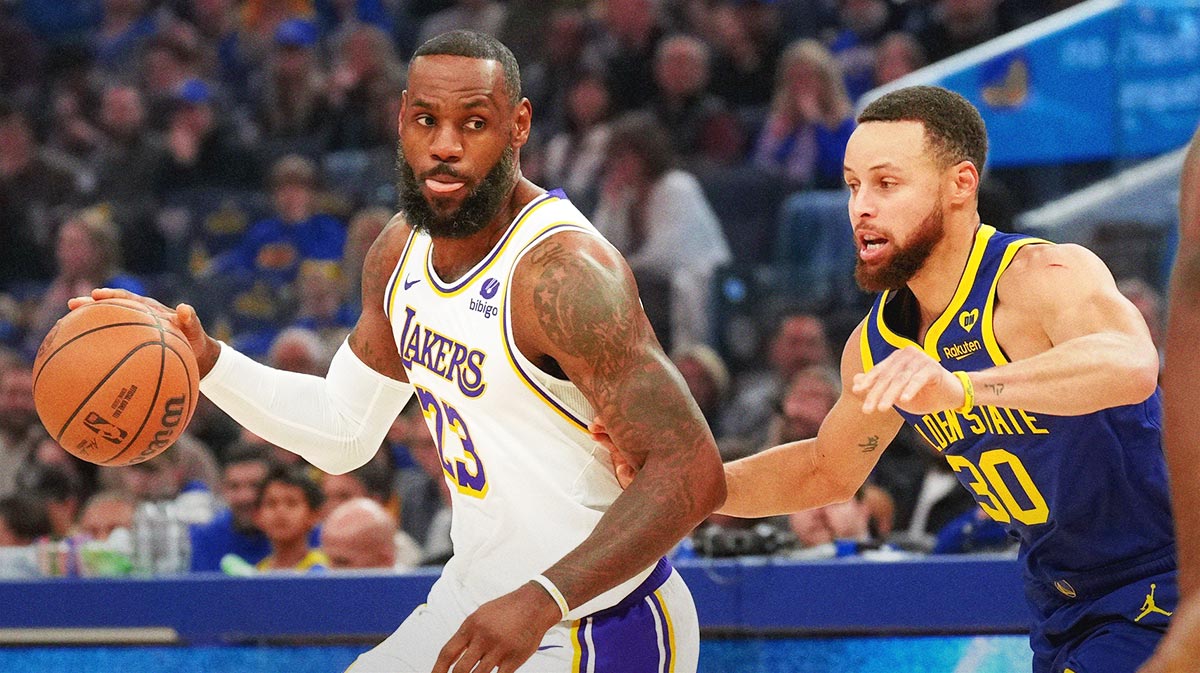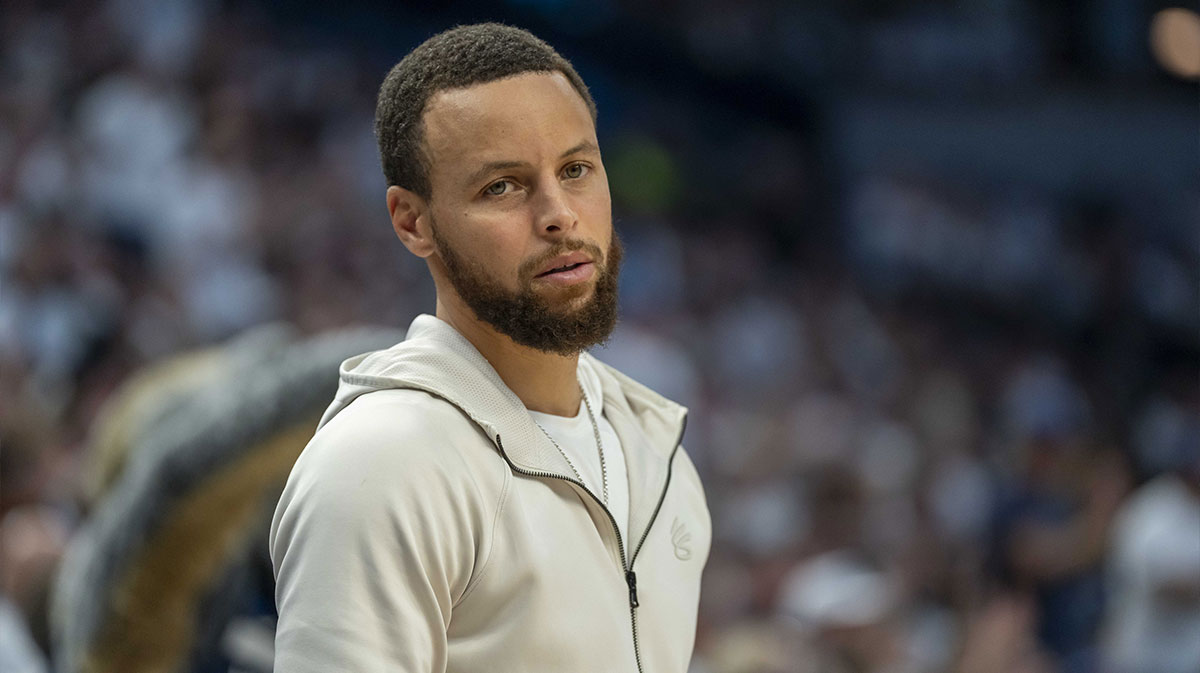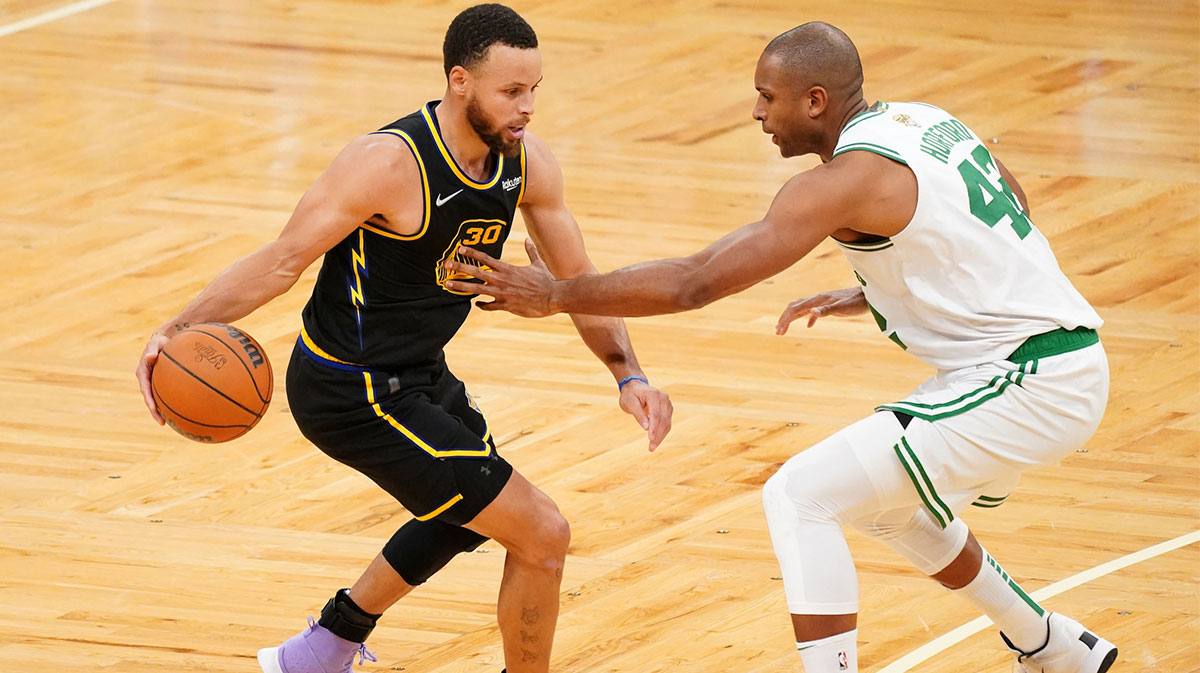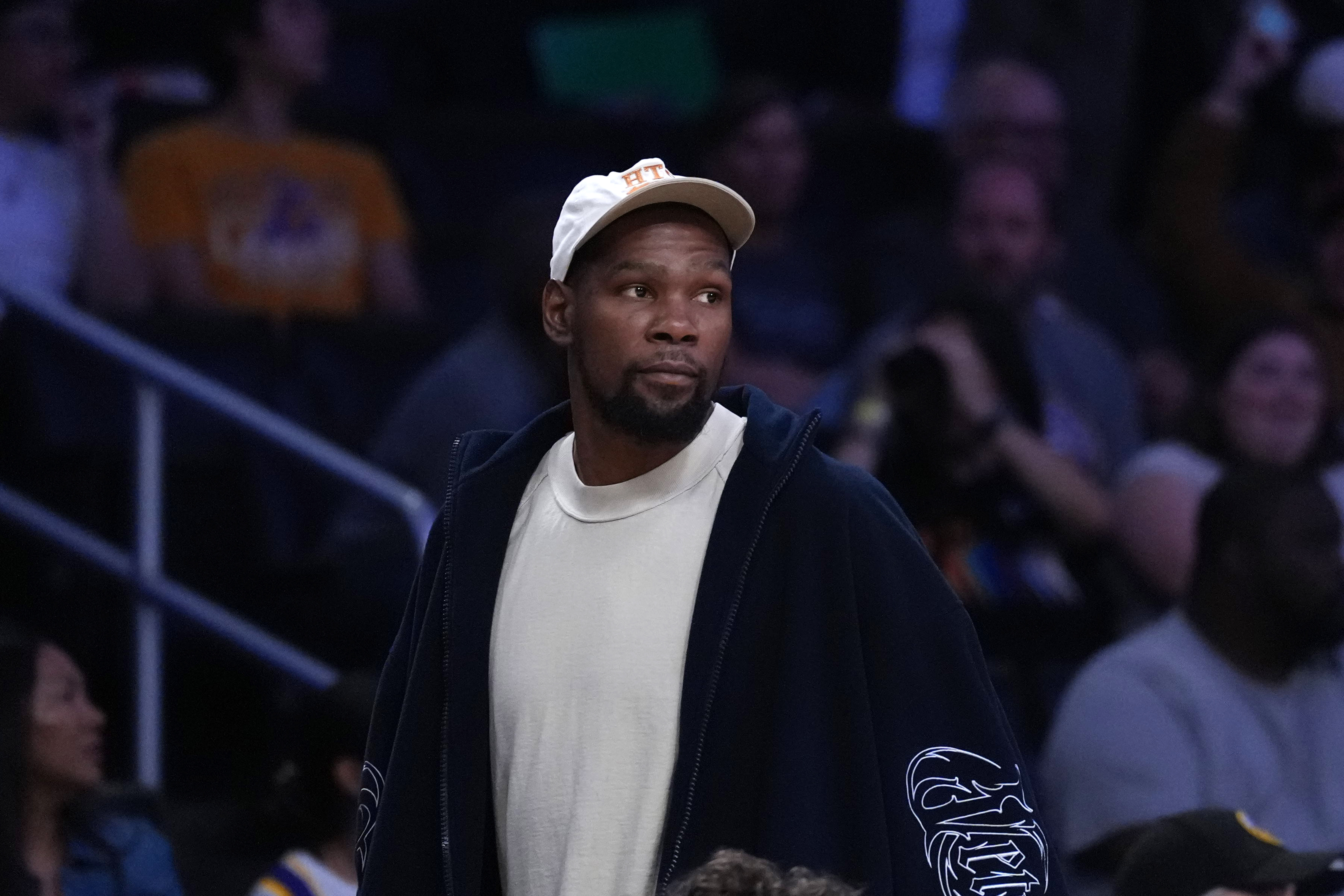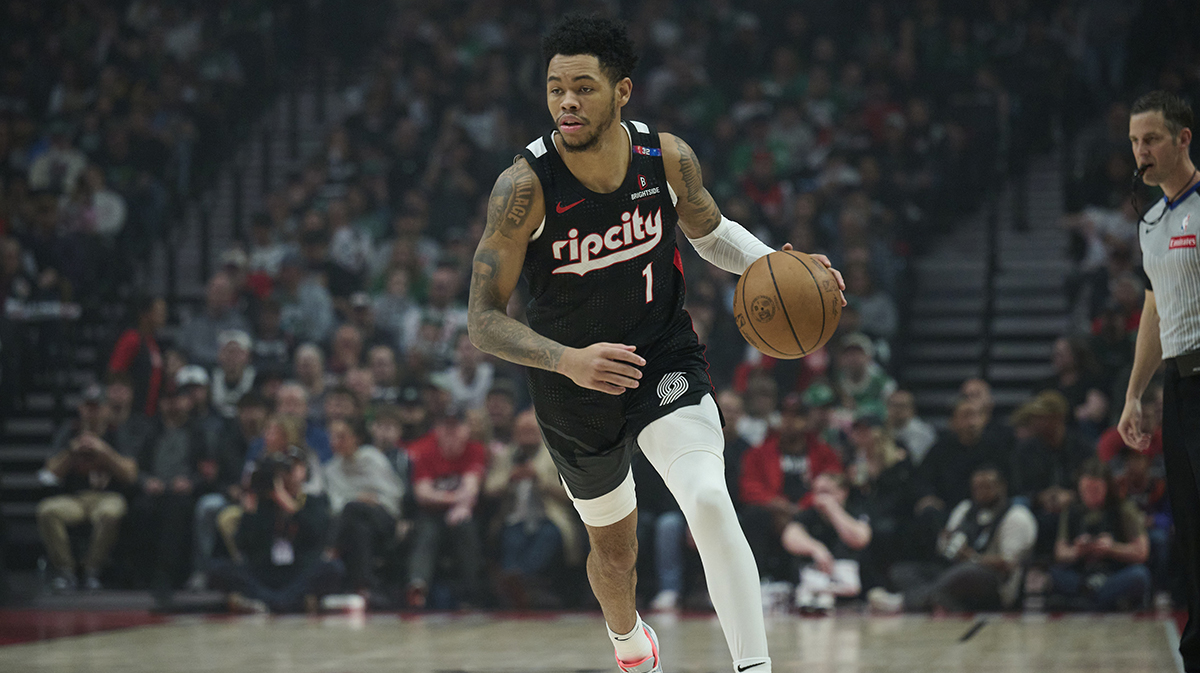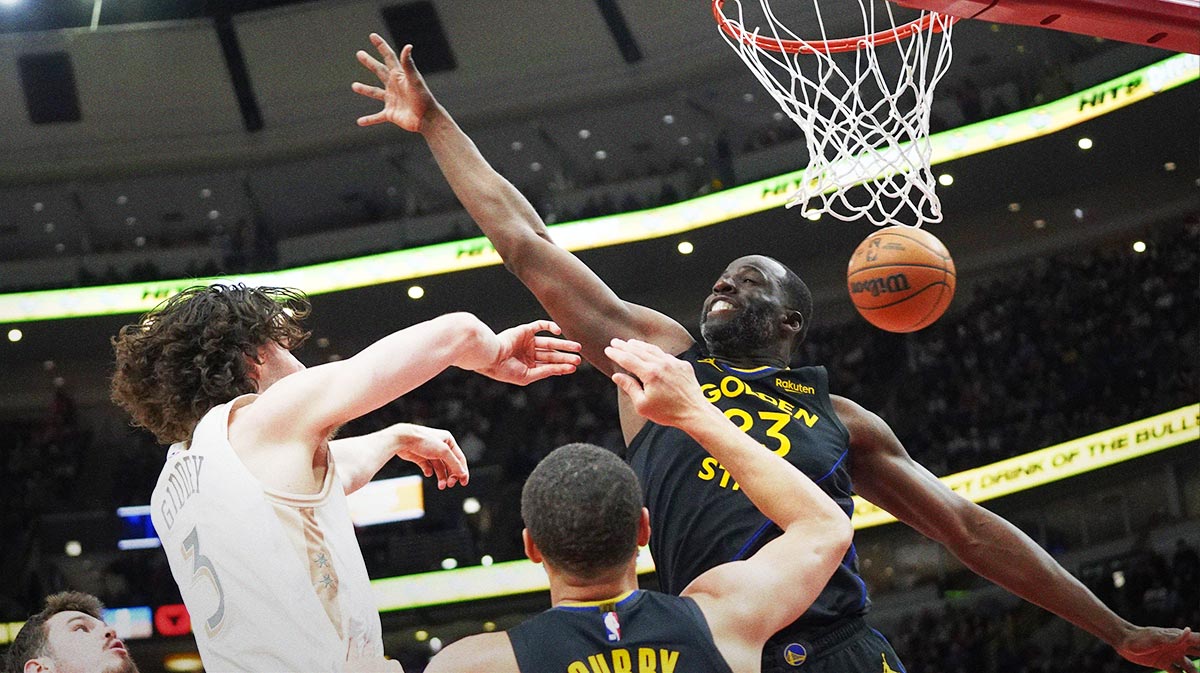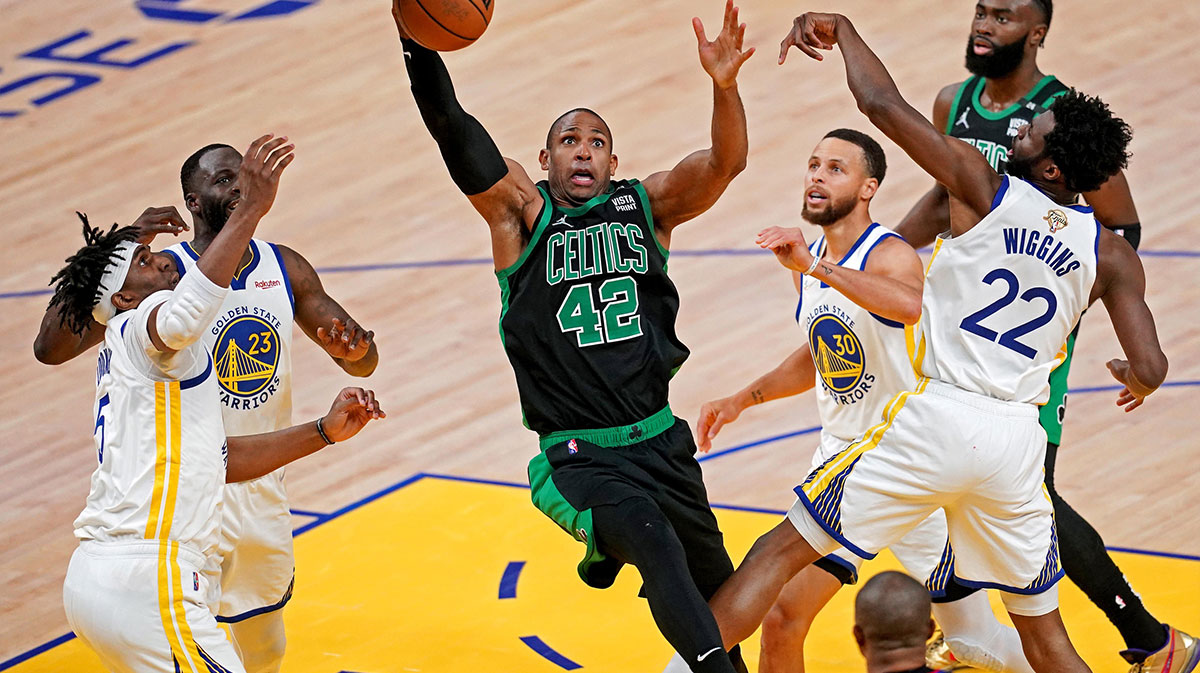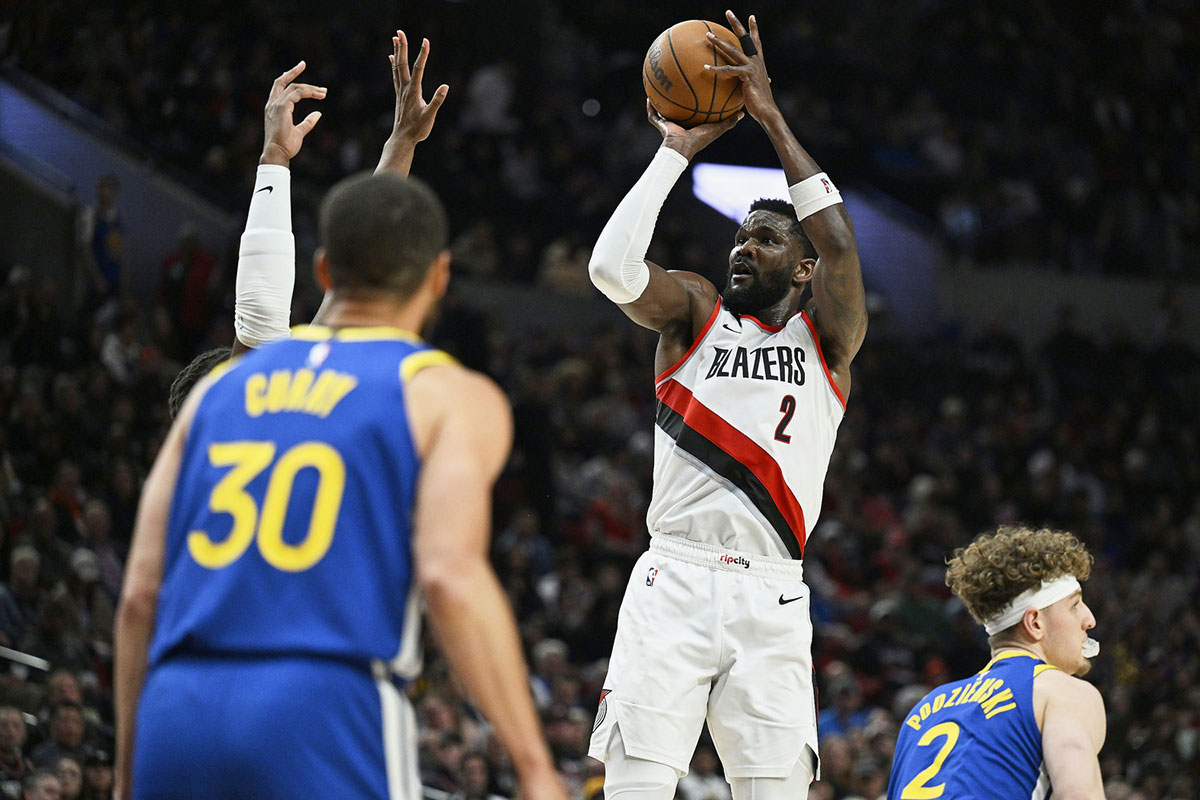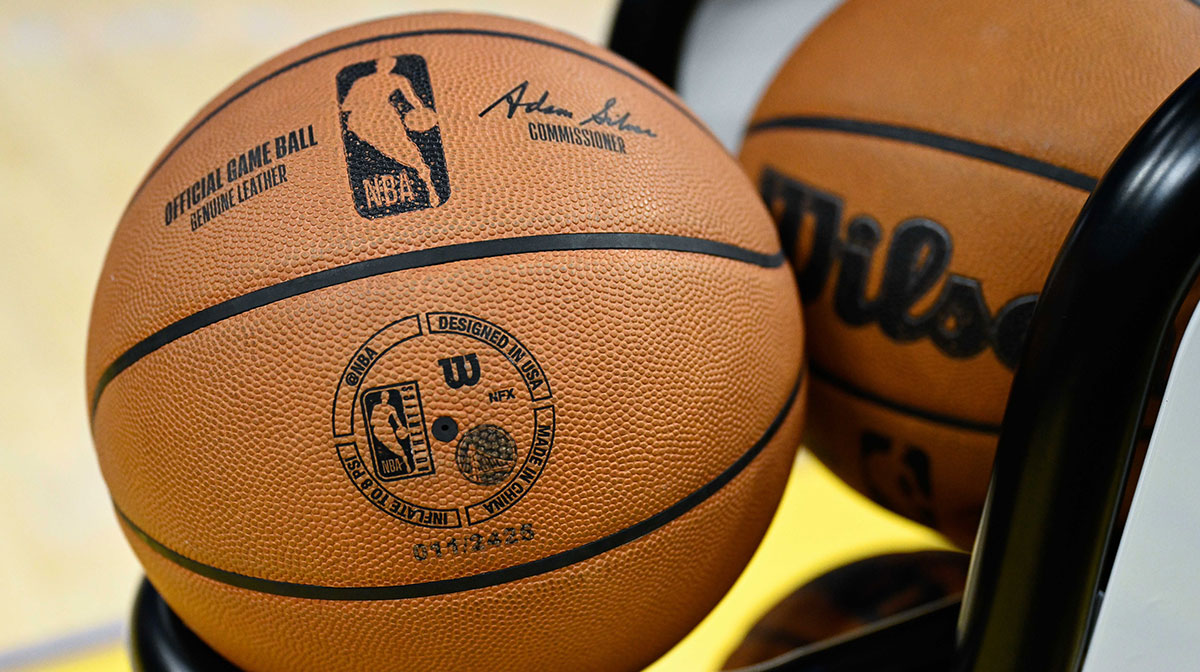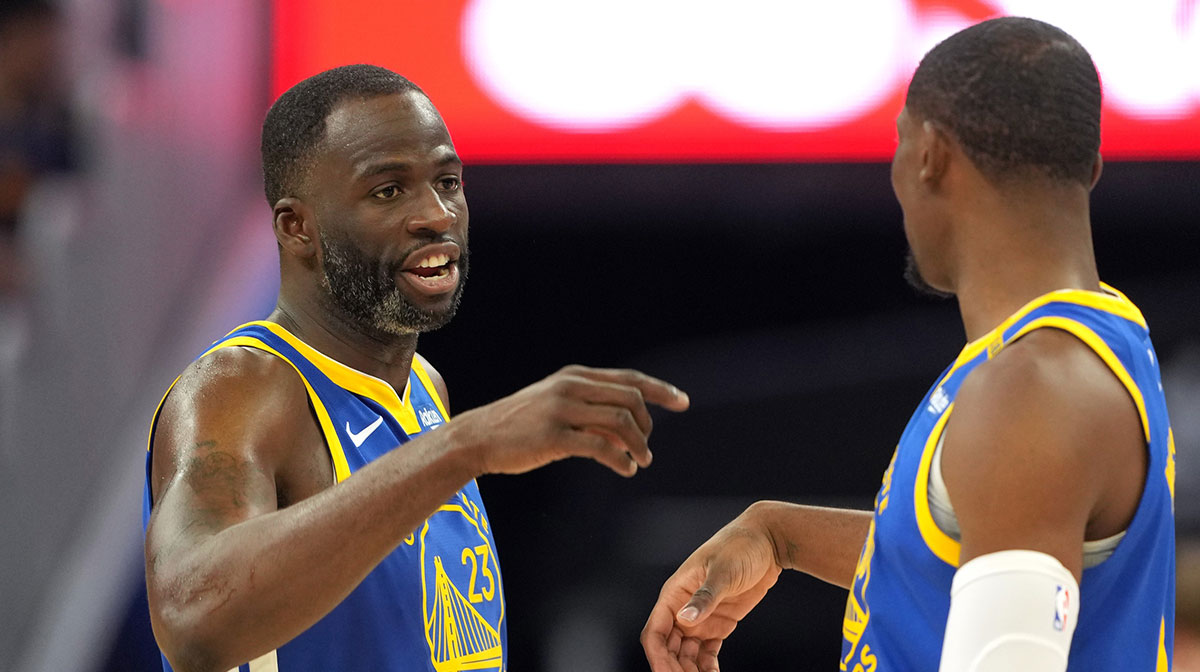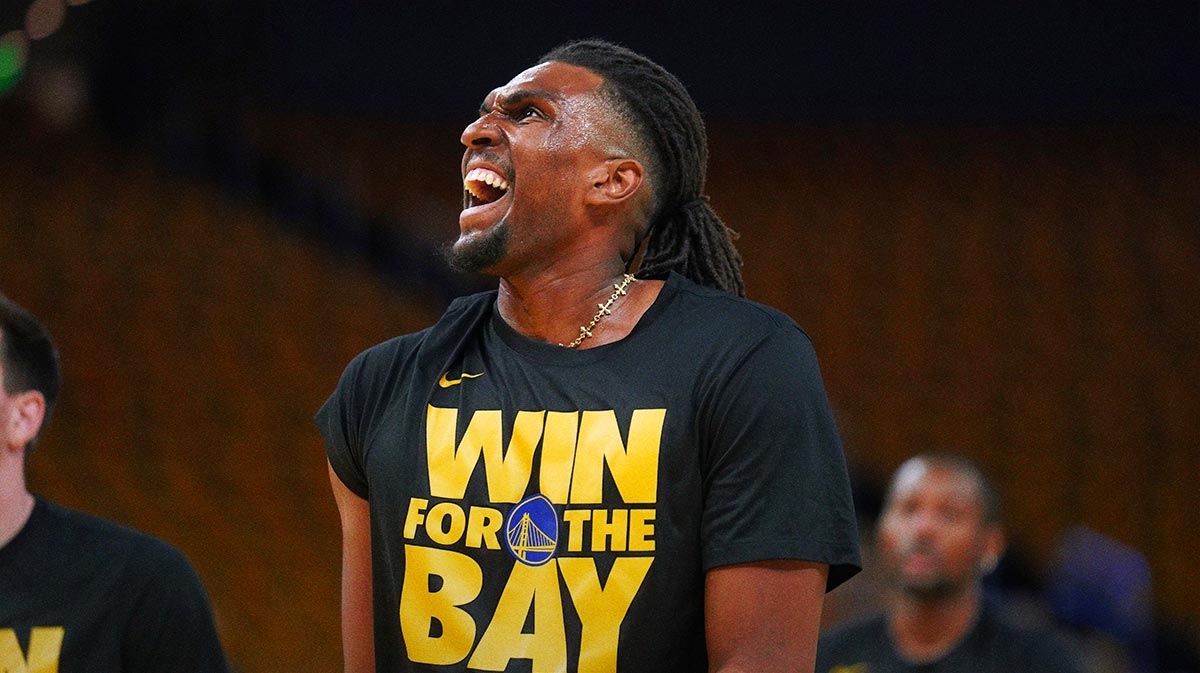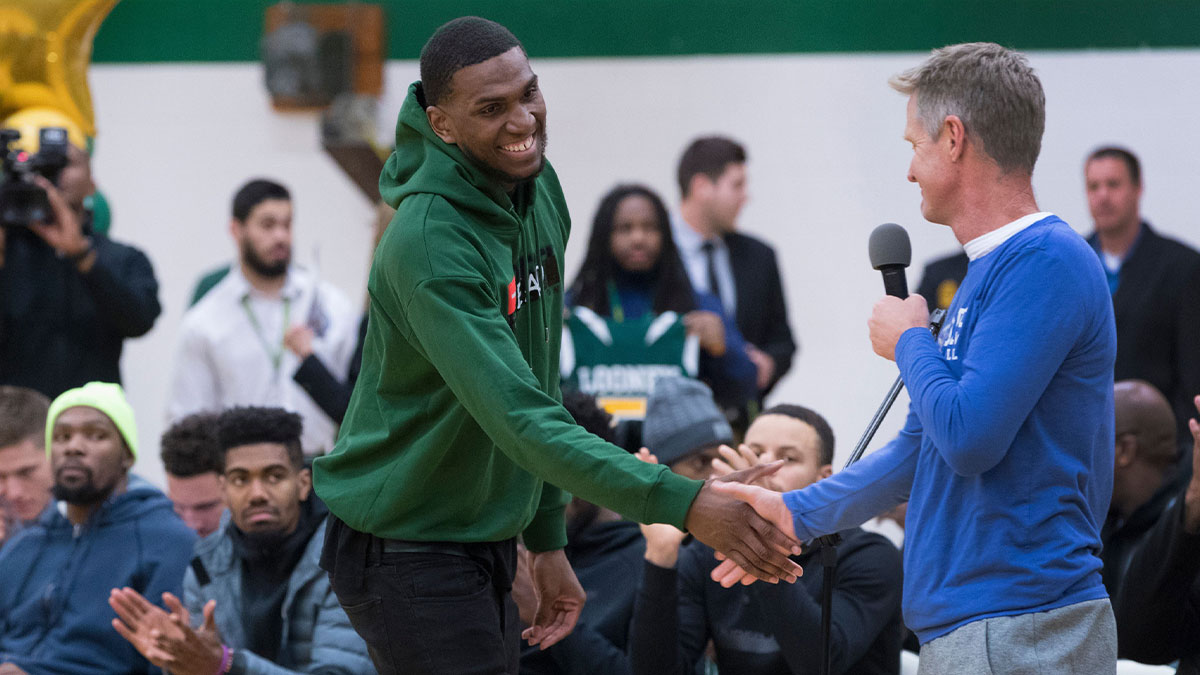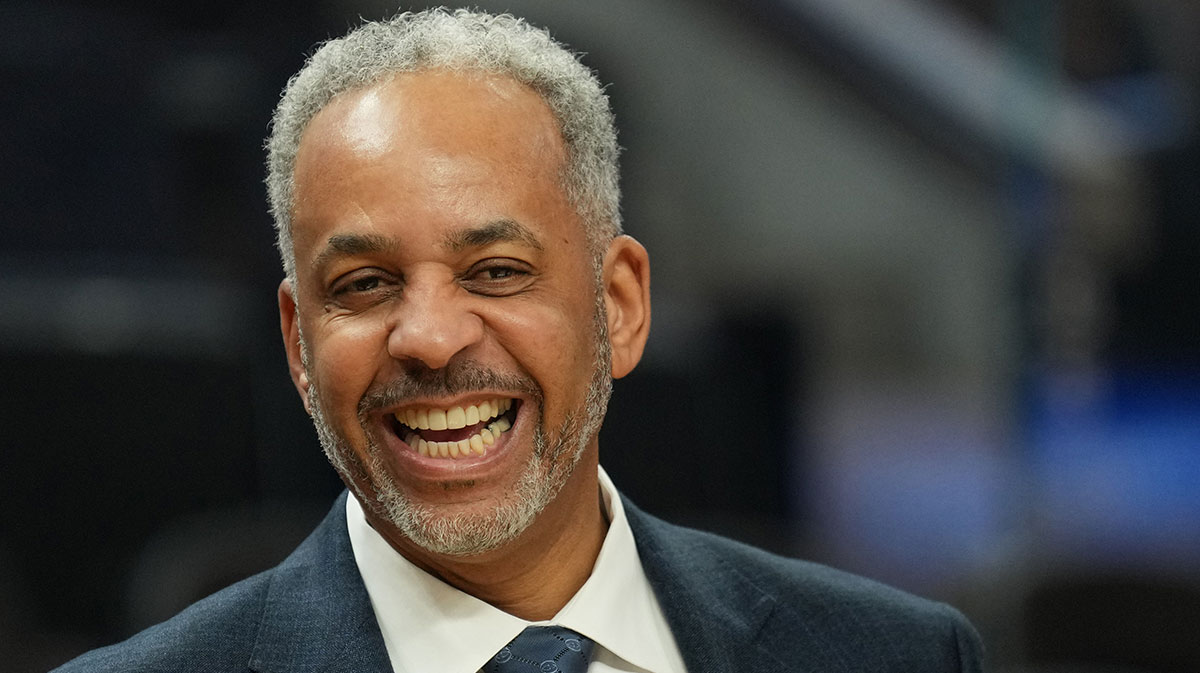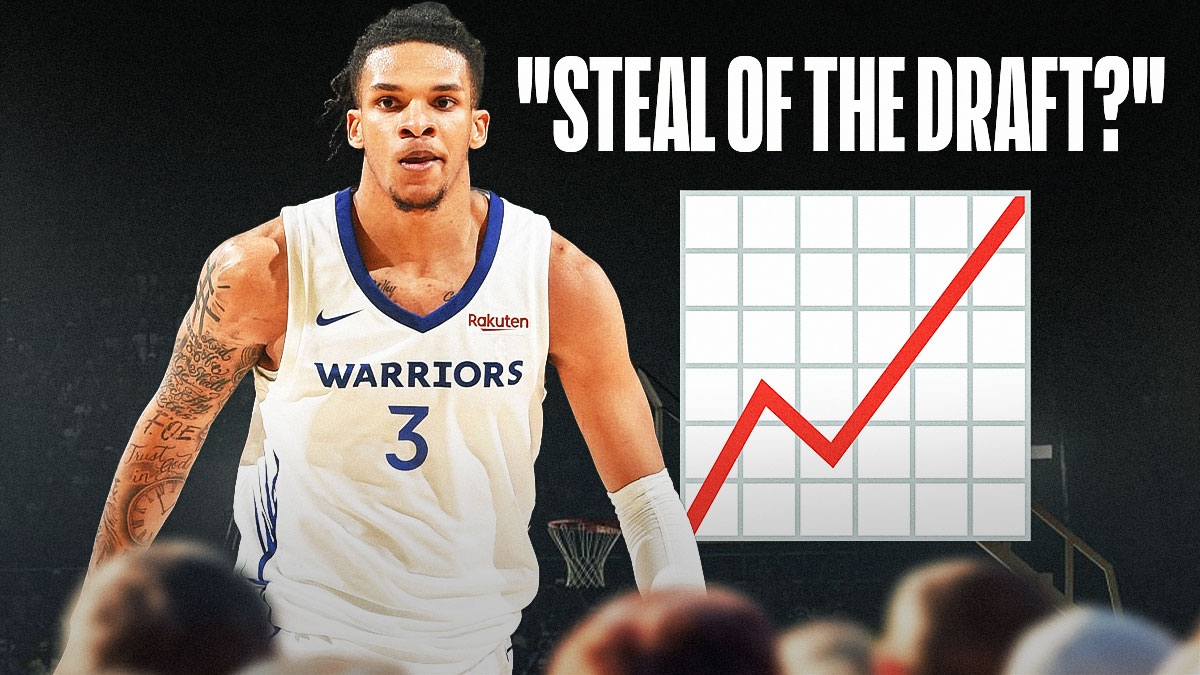Kevin Durant in the 2019 NBA Playoffs has been all about separation. He's separating himself from reliance on the Golden State Warriors' vaunted offensive system. He's separating himself from who the best player on the team is: himself or Stephen Curry. But most importantly, he is separating himself from any argument on who is the best player in the league.
In the playoffs, he's averaging 35.6 points, 5.0 rebounds, and 5.0 assists while connecting on just under 52% of his shots and right under 44% from three. It's clear, midway through round two, that Durant is in peak form.
Durant's play has been a key factor in the Warriors advancing thus far. It's become more clear why his addition to the team was so important in 2016.
The Warriors run a unique motion system that utilizes screens, big men slipping to the basket, and a priority on three-point shooting. The Cleveland Cavaliers showed the NBA how to neutralize their attack in the last three games of their iconic NBA finals matchup in 2016. Warriors head coach Steve Kerr pursued Durant not only because he fit them schematically, but because he can get a bucket without a system. It's the reason why Oklahoma City was so successful with Durant in tow.

But Game 3 against the Houston Rockets would highlight a burgeoning issue of the Warriors having such a unique talent in Durant. Yes, Durant scored 46 points Saturday night and essentially carried the team, but basketball based on heroics has never been the M.O. of the Warriors.
With Durant, it's become easy for Kerr to call for an iso/post up because his shot is nearly unstoppable. Durant is there to bail the Warriors out when their system breaks down, which is what he was recruited for. However, it can sometimes take Steph Curry and Klay Thompson out of rhythm when Durant gets going/fed the ball. For two players who are struggling in the series, the need for equal opportunity is a must.
So, the Warriors have a problem, but a unique, and a rather good problem to have. They can and have won utilizing both approaches, and it highlights their embarrassment of riches. But, the main point of Durant signing with the Warriors was to make an already potent offensive attack more potent. If Durant is secluded to hero ball, he will get his, but what about Curry and Thompson?
The Warriors are far too talented to be relegated to watch-and-play. With a team as offensively skilled as the Rockets, Kerr must find a way to strike an appropriate balance. But his offensive philosophy may need to shift to what got them there in the first place: egalitarian basketball.

Durant has and can always play one-on-one. He's Kevin Durant. We know who he is and what he can do, right? But, we also know the talents of Curry and Thompson, too.
The Warriors are far more dynamic when all three are clicking, and when Draymond Green plays the role of brute enforcer. But the reliance on Durant is very transparent. He's a seven-foot forward who can score at will. Curry and Thompson can if they want, but their frames are run-of-the-mill in the NBA. Durant? Not so much. He's a matchup nightmare for all players.
But for the Warriors to continue their quest for a three-peat, their ball movement style must return to focus. Too many times in Game 3 we saw Curry and Thompson forcing shots. It will be up to Kerr to strike the fine line between utilizing his system to make it, and relying on Durant to break it. If not, the Rockets are too clever of a team to not figure out the Warriors' recipe for success.

